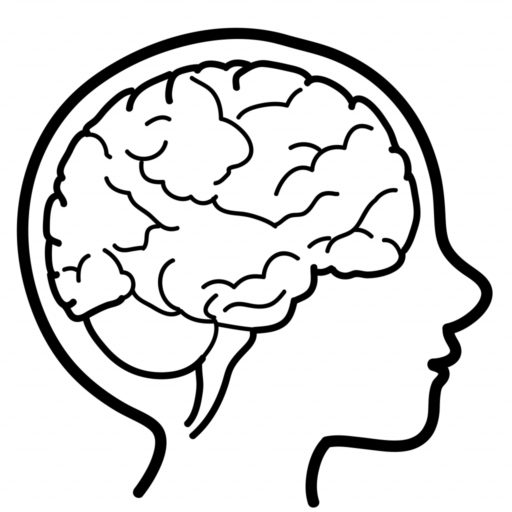Introduction
Occupational Therapists (OTs) help people to regain the function needed to be independent and lead a fulfilling life.
Speech and Language Therapy
I received support from a speech and language occupational therapist, who helped me gain confidence in my ability at word selection and general conversation. In the videos below, I was describing matters I was familiar with to my OT, who video recorded me on my mobile phone.
The recordings were made on 7th February 2017, eighteen months after my injury. Reviewing the videos a further two years on in February 2019, I saw how well I dealt with memory recall issues. A case in point being the second video, where I struggled with retrieving the names of New York city’s boroughs and the rivers around Manhattan. Even though I knew the names with certainty, I resisted any urge to dwell or self-criticize – and moved on. I’m delighted by how I recognised and accepted my limitations, and simply took a pragmatic approach.
Word Recall and Articulation
In May 2017 I undertook summarising a favourite novel of mine, ‘The Island’ by Victoria Hislop, into the following five categories specified by my OT.

What?
“It is about the lives and events of people who have leprosy disease. It’s not really about the illness, more about the fascinating relationships and experiences of the people who have led normal lives and then are moved to an isolated island to live out their lives.”
Where?
“Set on the Greek Island of Crete, specifically a little island just off Crete called Spinalonga.”
Who?
“Spinalongo mainly has lepers from Crete itself whose residents are largely based around a (basic) fishing culture, but also gets an influx from the more sophisticated city of Athens which makes a big impact on the dynamics and vibe of the island.”
Why?
“It shows how people with the “terminal illness” of leprosy still work on making their lives tolerable and worthwhile. In the meantime, doctors are working on cures for the leprosy medication and we see how this impacts the lifestyle of all.”
When?
“In the pre-war years, and then going through the war and into the sixties. Ending when a cure for leprosy is discovered and developed.”
Documentation
I’d always enjoyed writing documents, having been a technical author at various points during my professional career. Post-injury, I unwittingly began to utilise my professional skills of writing documents containing technical instructions for a non-technical audience. Among the documents I wrote for Royal Voluntary Service clients were:
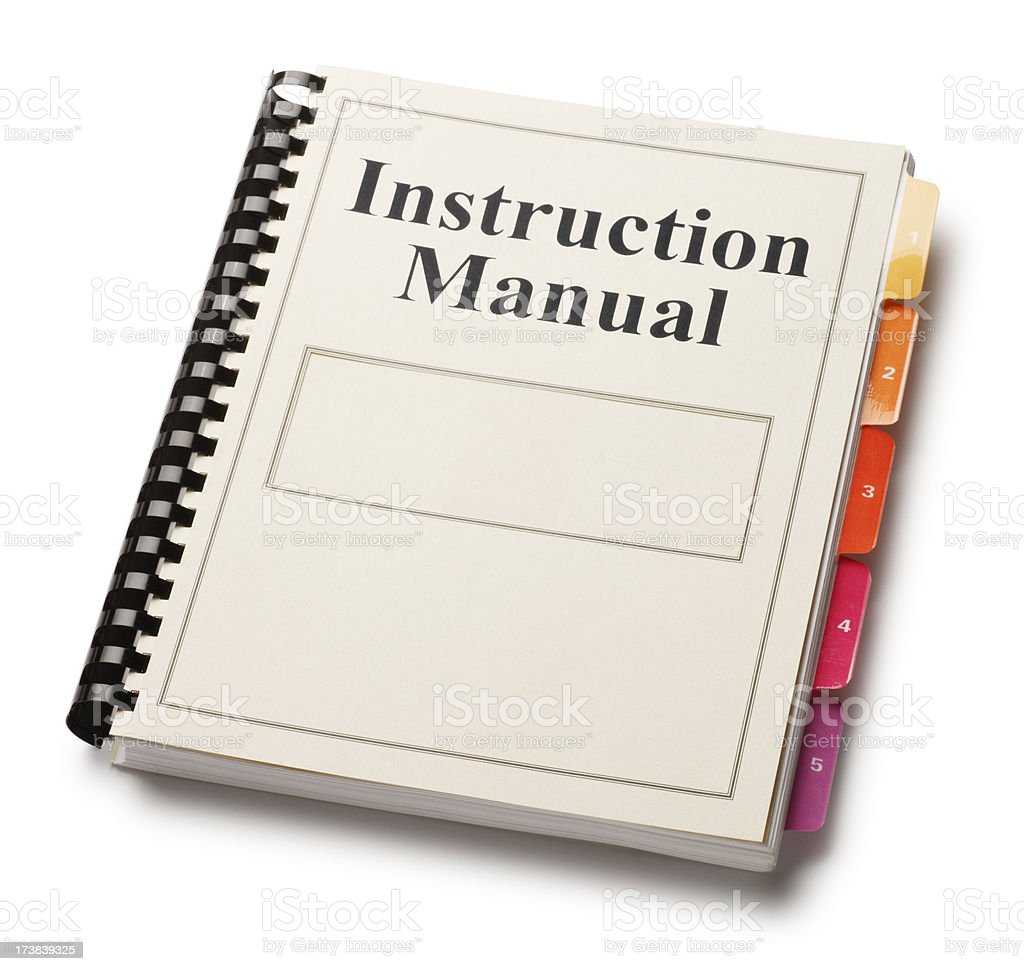
- Instructions for using the TV remote control
- Fundamental mobile phone functions
- Basic landline phone operations
- Primitive cooker hob instructions
Organisational Skills
One of my OT tasks was to leverage my previous vocational skills related to getting things organised. I undertook re-structuring recipes for cooking, which was something I had very limited practical knowledge of. I found that the exercises were both enjoyable and rewarding, in the sense that I was able to evidence to myself that I still had strong skills when I carefully applied myself to the task in hand.
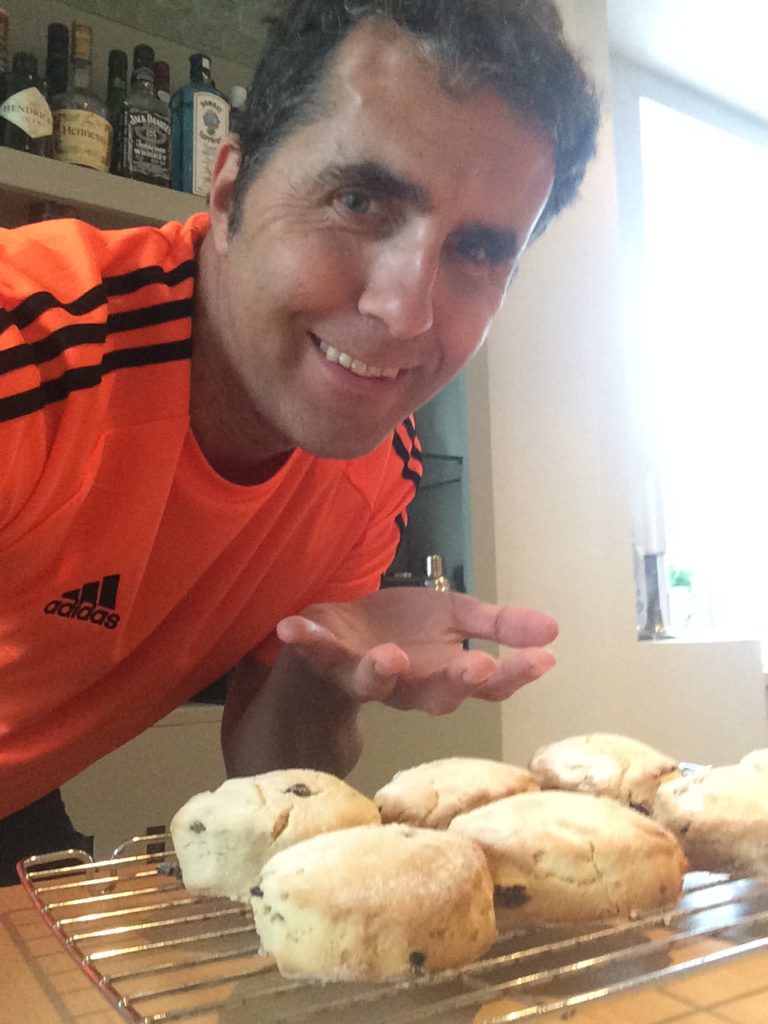
In the documents referenced below, I retrieved recipe information from the BBC’s web site. I then added further sections to make them applicable for my own use by adding more detail and re-sequencing tasks.

- Minestrone soup on 22nd November 2016
- Shepherd’s pie on 8th December 2016
- Lasagne on 4th January 2017
- Spaghetti Bolognese on 31st January 2017
Communication
A significant part of my therapy was to help me with word recall. The snippet below is from an email I sent to my OT, advising her how I was enjoying the task she had given to me. My answers to “Naming Local Establishments”, can be seen further down this page.
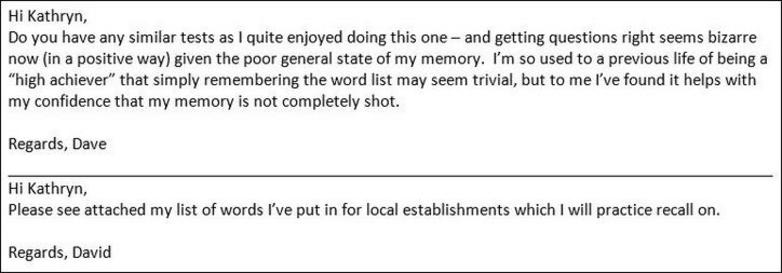
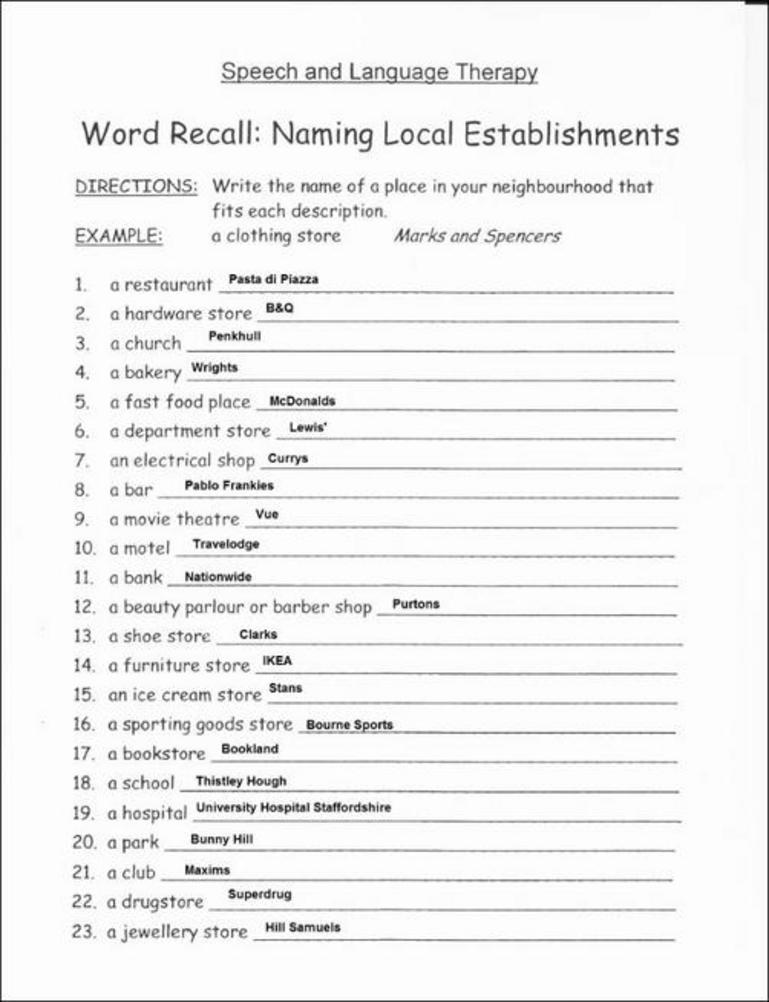
I made a record of some further memory jogging exercises I undertook.
Physiotherapy
My physio’s role was nominally to work on my physical deficiencies. However, she also helped me better understand how I felt about myself, which was evidenced in the report she wrote about me.
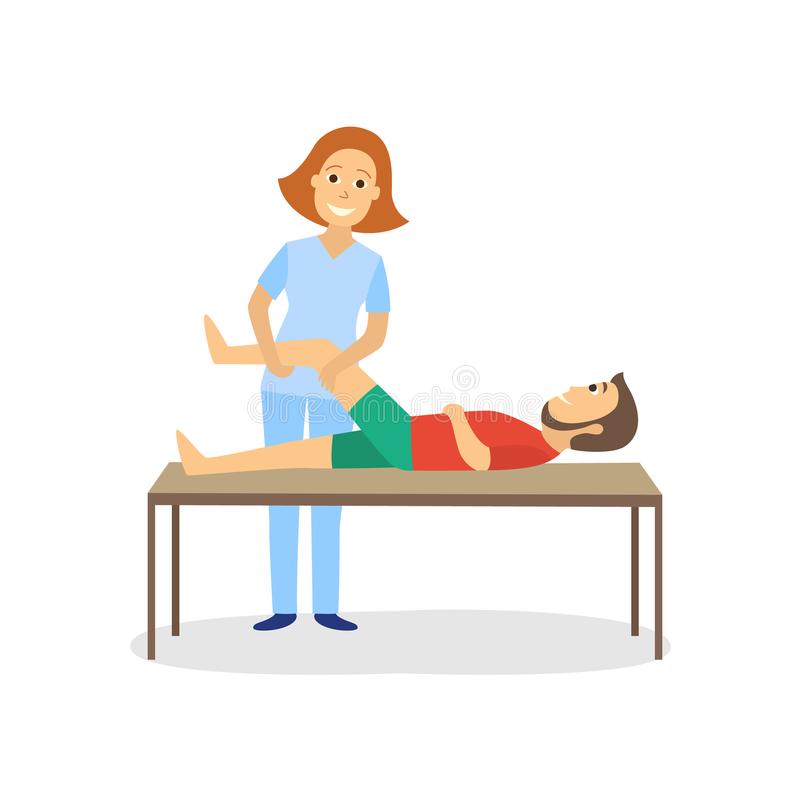
Multi-Disciplinary Team (MDT) Support
An MDT of occupational therapists, psychologists and physiotherapists began supporting me in April 2016. The meetings were held at my home on a periodic basis. Minutes were recorded, which can be viewed by clicking on the date links below.
NHS Community Rehabilitation Liaison
I’d had my entitlement for claiming Personal Independence Payment (PIP) benefit determined during tests at a DWP office. I’d failed the tests, such that I was deemed ineligible for payment. An NHS community liaison assistant (Sue Jones) accompanied me during the tests. Sue recognised that my generally correct answers didn’t accurately reflect my lack of independence, so she wrote an appeal letter to the DWP on my behalf. Without Sue’s help, I would have struggled in chasing up DWP, or latterly engaging with the DVLA to regain my driving licence.
